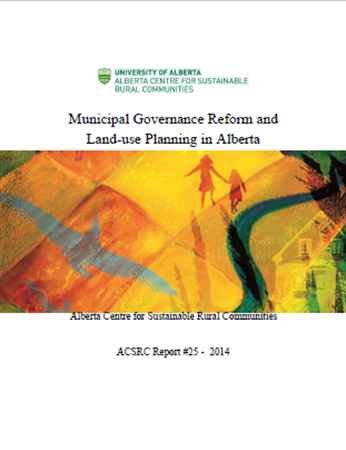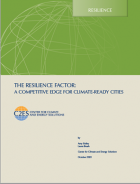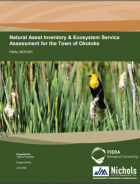Municipal Governance Reform and Land-use Planning in Alberta
EXECUTIVE SUMMARY:
The objectives of this project were to:
1) assess and describe the current governance framework for land-use planning in Alberta;
2) identify potential issues and gaps within Alberta’s current land-use governance structure that could impact achieving the priorities outlined in the Land-Use Framework (LUF) and implementing the seven regional plans;
3) identify models that have been used in other jurisdictions to define the relationship between provincial and municipal interests and authority in land-use planning;
4) identify what made these models effective or ineffective and how this is relevant to Alberta;
5) identify what type of legislation or regulatory changes are needed to clearly define roles and responsibilities of all stakeholder involved in the ongoing implementation of the LUF and identify if revisions to the Municipal Government Act (MGA) are required; and
6) identify what tools and processes are needed to support an effective governance framework for the LUF.
This project found that the full effects of LUF on municipalities’ capacity, planning and governance is largely unknown. This project identified that there are many potential issues and gaps within Alberta’s current land-use governance structure that could impact achieving the priorities outlined in the LUF and implementing the seven regional plans.
This project found there are two different perspectives on the LUF and municipalities: the provincial and municipal perspective. These perspectives show that there is a lack of clarity and consensus around the role of municipalities within the LUF process. Finally, this project identified that municipalities are looking for alternative forms of municipal governance.






